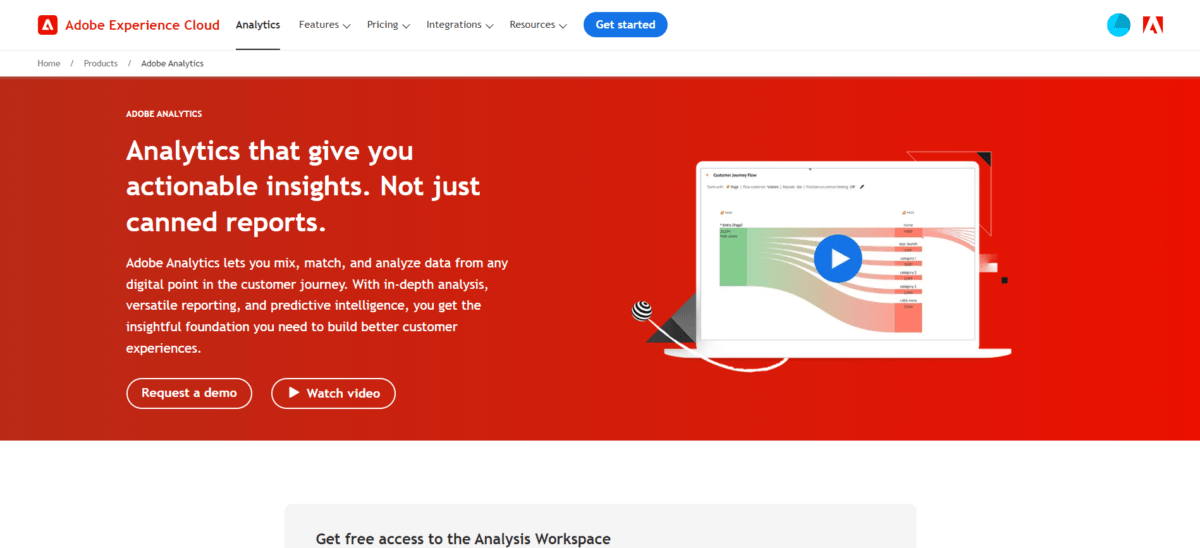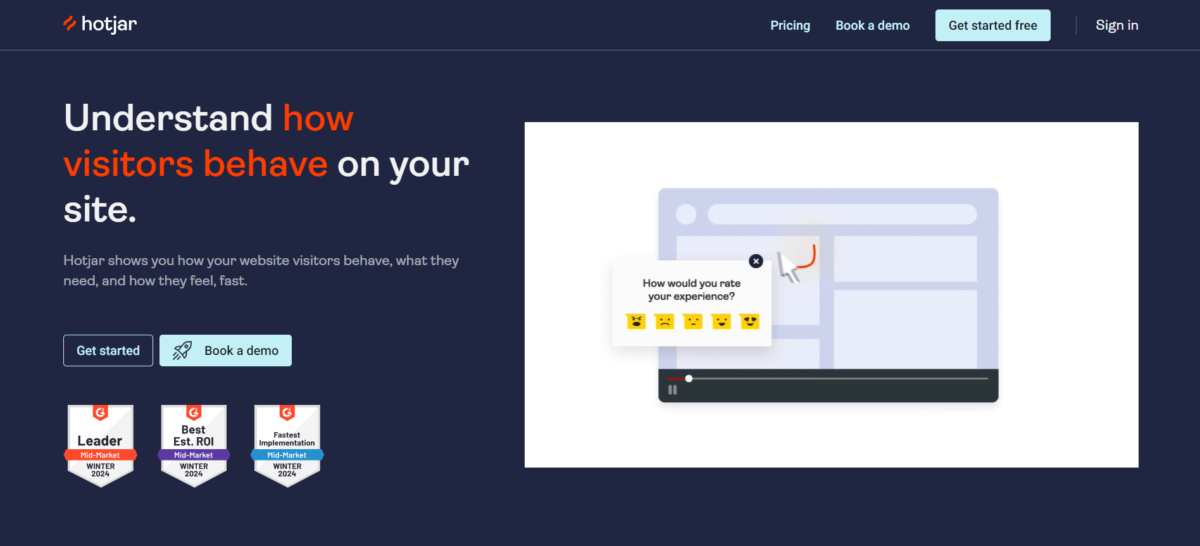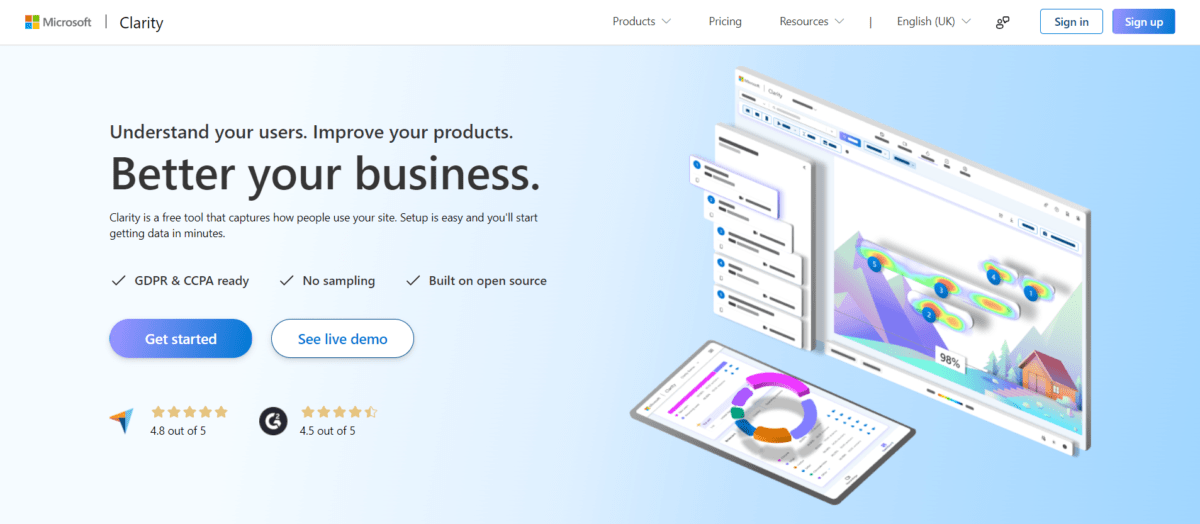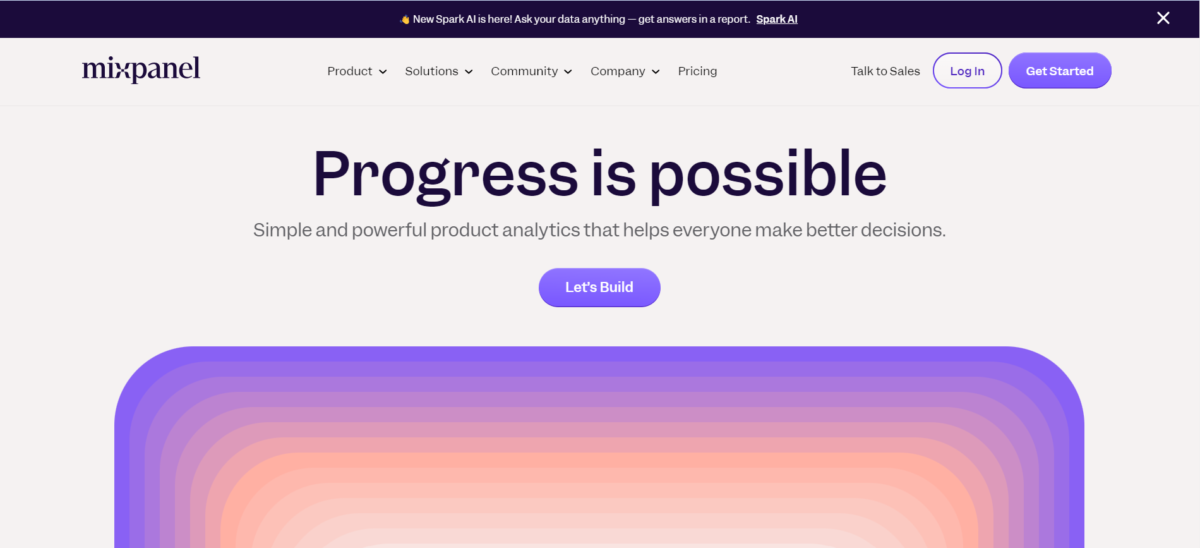In the ever-expanding realm of digital commerce and communication, understanding the nuances of user behavior and website performance is paramount. As businesses strive to enhance their online presence and optimize user experiences, the significance of website tracking tools cannot be overstated. In this comprehensive guide, we embark on a journey through the intricate world of website tracking tools in 2024, shedding light on their evolution, key features, popular choices, and the future landscape.
Evolution of Website Tracking Tools
Website tracking tools have traversed a remarkable path of evolution, mirroring the dynamic nature of the digital ecosystem. From rudimentary hit counters to sophisticated analytics platforms, their evolution has been fueled by the escalating demand for insights and the relentless pursuit of innovation. In 2024, these tools have reached unprecedented levels of sophistication, offering an array of features designed to unravel the complexities of online interactions while prioritizing user privacy and data ethics.
Key Features and Functionality
In the arsenal of modern website tracking tools, an array of features stands ready to empower businesses and individuals alike:
- User Behavior Tracking: Delve into the intricacies of user interactions with comprehensive tracking of page views, click-through rates, and navigation paths.
- Conversion Tracking: Unlock the secrets of conversion optimization with precise tracking of key metrics such as sign-ups, purchases, and form submissions.
- Traffic Analysis: Gain profound insights into traffic sources, referral channels, and geographical distribution of visitors to refine marketing strategies and target audiences effectively.
- Performance Monitoring: Ensure seamless user experiences with vigilant monitoring of website speed, uptime, and other performance metrics, enabling timely interventions to address any issues.
- Custom Reporting: Tailor-made reporting capabilities empower users to craft bespoke reports focusing on specific metrics or business objectives, facilitating informed decision-making.
- Privacy Compliance: With privacy concerns at the forefront, tracking tools incorporate robust measures such as IP anonymization and compliance with regulations like GDPR and CCPA to safeguard user data and foster trust.
Popular Website Tracking Tools in 2024
In the diverse landscape of website tracking tools, several stalwarts continue to dominate the scene:
- Google Analytics: A perennial powerhouse, Google Analytics reigns supreme with its comprehensive suite of features and seamless integration across the Google ecosystem, catering to businesses of all sizes.

2. Adobe Analytics: Tailored for enterprise-level needs, Adobe Analytics offers advanced analytics capabilities, including predictive analytics and AI-driven insights, to drive data-driven decision-making.

3. Hotjar: Focusing on visual insights, Hotjar offers heatmaps, session recordings, and user feedback tools to decode user behavior in real-time, facilitating informed optimization strategies.

4. Microsoft Clarity: Joining the ranks of esteemed tracking tools, Microsoft Clarity offers intuitive features for visualizing user interactions, uncovering insights, and optimizing website performance with user-friendly dashboards.

5. Mixpanel: Specializing in product analytics, Mixpanel enables tracking of user interactions within web and mobile applications, offering insights into user retention, engagement, and feature adoption.

The Future of Website Tracking
As we gaze into the horizon, the future of website tracking tools appears brimming with possibilities. Advancements in AI, machine learning, and big data analytics are poised to revolutionize tracking capabilities, ushering in an era of personalized experiences and real-time insights. However, amidst this wave of innovation, the principles of privacy, transparency, and data ethics will remain paramount, guiding the evolution of tracking tools to foster trust and compliance in an increasingly regulated landscape.
Conclusion
In the labyrinthine realm of the digital landscape, website tracking tools serve as indispensable navigators, illuminating the path to success with invaluable insights and actionable intelligence. As businesses adapt to the ever-changing dynamics of online interactions, harnessing the power of tracking tools becomes imperative for unlocking the full potential of their digital endeavors. With a keen eye on privacy, innovation, and user-centricity, the journey through 2024 and beyond promises to be an exhilarating odyssey, guided by the beacon of website tracking tools.

